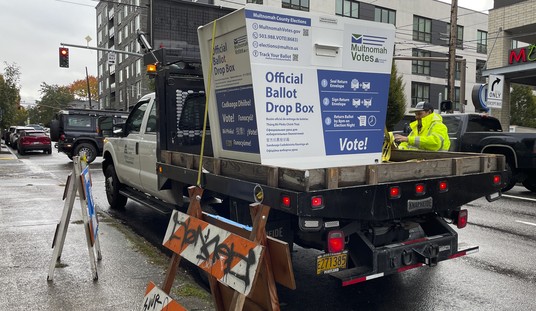Recently, Acculturated published a piece asking readers, “Can you imagine a childhood without books?” I’d like to counter that question with one of my own: Can you imagine a lifetime without books?
I’m not talking science fiction dystopias, the lack of school or library funding, or the impact of the digital age on printed material. I’m talking about a friend of mine, Walter, whose house was literally devoid of books until the day he got married, because he wanted it that way. For him, books didn’t awaken worlds or inspire new ideas. Instead, books frustrated him and often made him feel small, inadequate, foreign and stupid.
“Challenging stereotypes seems to be my lot in life,” he explained over coffee at a local diner. When the Acculturated piece was published I gave him a call and ran it by him. He chuckled. “If I didn’t have technology, I wouldn’t read at all.”
This is because Walter is dyslexic. “Actually, it’s an audio/visual disorder,” he explains. “When I look at a printed page, I just see graphics. The letters and words don’t actually translate into sounds in my head. There’s no real name for my specific issue, so they just lump me under the umbrella of dyslexia.”
Being tagged a dyslexic meant being classified as a special education student in public school. As a result, Walter sat in classes alongside students with a range of disabilities who only had one thing in common. “They were all poor learners. And I was stuck with them, bored out of my mind, just because I couldn’t read like the rest of the normal kids.”
Getting out of special education classes was a challenge. Integrating learning disabled students into mainstream classes, a common practice in most public schools today, was in its earliest stages. Because Walter excelled at building a visual vocabulary, memorizing words by studying them repeatedly, he was one of the first students to enter inclusion classrooms. As a result, Walter was often the “test bunny” received by most teachers as a thorn in their side.
“I had a few great teachers who worked hard to accommodate my dyslexia, but most refused to abide by my IEP [Individualized Education Plan]. Some argued that they didn’t even want me in their classroom.” By the time he reached high school, Walter was mainstreamed in enough classes to be enrolled into honors level biology. “I loved it, but I couldn’t keep up with the bookwork. So I dropped the class.”
By then he’d also swung a job as a student worker. “I was the student tech for the alternative night school for students with behavior issues. There I was assisting the teacher teaching the kids I sat alongside in special ed classes only a few years earlier.” But, most of his teachers remained blind to the difference. “All they saw was a kid who couldn’t read like the rest of the class. School is supposed to be the best time of your life. Not for me.”
Now a successful engineer, Walter never thought he’d complete college. “My desk was covered with scanners and computer equipment. I had everything set up so I could scan in every page of every textbook and have a text-to-speech computer program read my assignments to me.” Weekends were spent driving home so his mother could help him write his papers. Much like high school, most college professors didn’t care about his dyslexia. “I’d show them my IEP and they’d shrug.”
Meanwhile, he never mentioned his disability to his friends. “They saw the computer equipment and just thought I was a nerd. I hung out with other geeks, so I fit right in.”
The one person who figured Walter out was his friend Amanda.
“Quite honestly, he spoke like my dad,” she explained to me over the phone. “My father completed school before the term ‘learning disability’ was ever introduced. He copied from the back of the book jacket for every English assignment he had and chose the path of least resistance when it came to class scheduling. He picked what he was good at and stuck with it. It wasn’t English.”
When I asked what she meant by “spoke like my dad” she explained that Walter, like her father, would often confuse homonyms and homophones. “You have to use context clues in the sentence to understand what they’re intending to say. It’s the equivalent of conversing with someone who speaks English as a second language. They know what it is they want to say, but they just can’t find the word for it.”
Did Walter mind being outed? “I waited for him to tell me,” Amanda admits. “When he finally did I just said, ‘Oh, my dad’s dyslexic too.’ The last thing I wanted to do was make a big deal out of it.”
“She understood me so well I had to marry her,” Walter admitted with a boyish grin. “Go figure, I’d wind up with a writer who filled every room in my house with books.”
Now married, the two are already raising a voracious reader. “Walter does his best to read to our son before bedtime,” Amanda admits, “but usually he leaves that up to me. To this day books arouse some pretty miserable memories for him.”
What are Amanda’s thoughts on the rush to classify books as a dying medium? “Instead of panicking, we’d be better off asking why these kids aren’t reading. For students like Walter, digital books with text-to-voice readers would be a godsend. Sometimes, technology isn’t the problem. It’s the solution.”









Join the conversation as a VIP Member